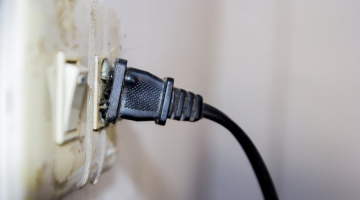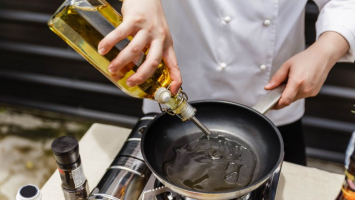Top 10 Most Helpful Ways to Take Better Care of Your Plumbing
A well-functioning plumbing system is critical to the safe operation of any household. Even if you have good plumbing, problems like frozen pipes and clogged ... read more...drains can cause havoc in your home and cost you thousands of dollars in repairs. In this article, Toplist will list the most helpful ways to take better care of your plumbing.
-
When flushing the toilet or washing anything down the bathroom sink, keep in mind that objects like hair, cotton wool, and soap can easily clog the drains. To avoid this, dispose of these items in your household waste.
The same logic applies in the kitchen, where grease from cooking can cause a blockage if it enters your plumbing system. Although the blockage may not occur immediately, the accumulation of grease over months or years can form a mass known as a fatberg. Once these blockages reach a certain size, it may be impossible for other items to flow through your drains. These fatbergs can grow to be more than 800 feet long and weigh more than four humpback whales in extreme cases.
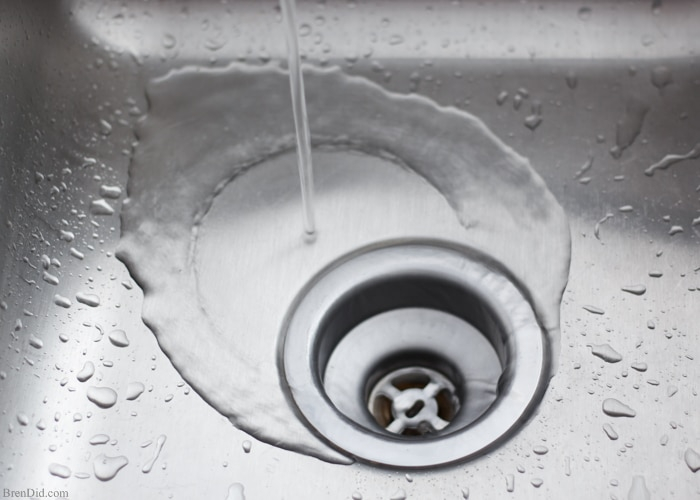
Be Careful With What You Put Down Your Drain 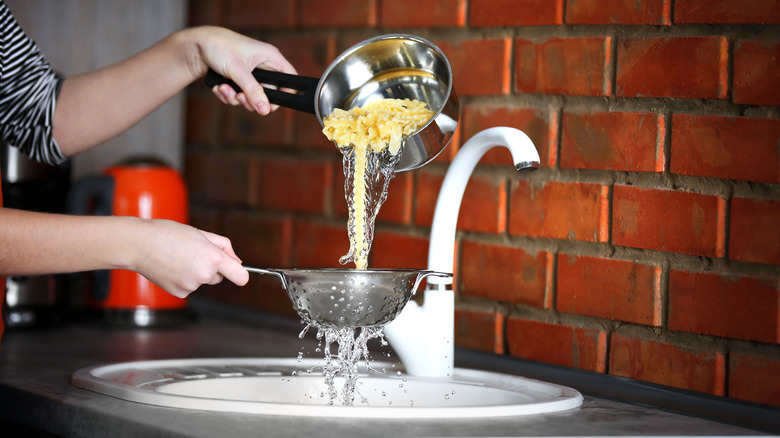
Be Careful With What You Put Down Your Drain -
Installing pipe insulation is one of the most effective ways to protect your plumbing. According to the US Department of Energy, insulation can keep the water in your pipes 2-4°F warmer than it would be in uninsulated pipes, which can help prevent your pipes from freezing and bursting.
Polyethylene foam sleeves that wrap around your pipes and pipe wrap insulation tape that prevents condensation from forming on the surfaces of your pipes are two of the most common types of pipe insulation. Both of these should be available at your neighborhood hardware store.
When insulating your pipes, pay special attention to areas that are prone to becoming cold, such as attics, basements, and crawl spaces. Similarly, any pipes that run along exterior walls should be insulated.
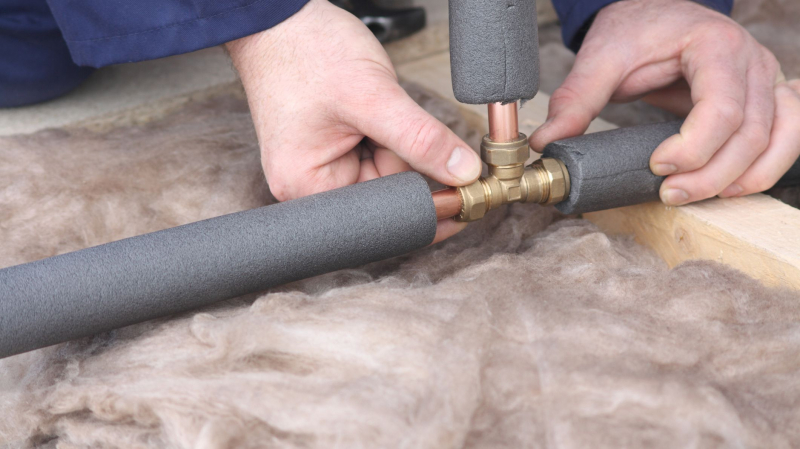
Insulate Your Pipes 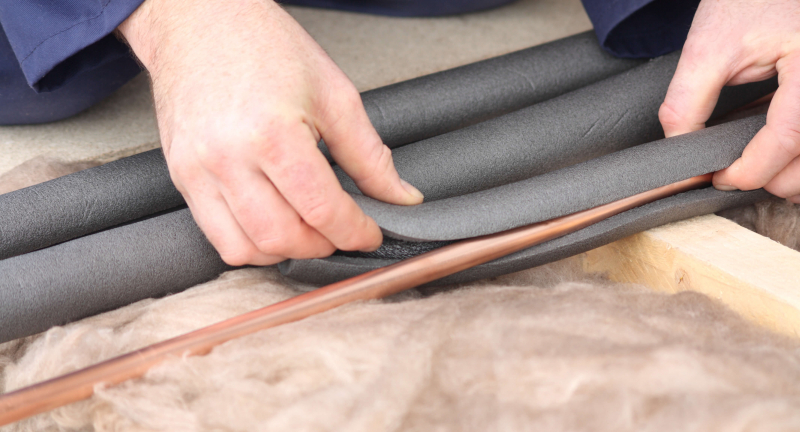
Insulate Your Pipes -
If your drain is clogged, using a chemical cleaner may appear to be a quick and efficient solution. These products are effective in the short term, but they can lead to more serious issues later on.
These substances will eat away at the pipe itself as well as the blockage that is clogging your pipes, which can lead to long-term corrosion. The risk is especially high in your septic tank, where foreign substances can upset the system's balance and cause it to fail.
Finally, keep in mind that chemical drain cleaners can be hazardous to your health if not properly stored. If you have such chemicals in your home, it is critical that you keep them securely locked away.
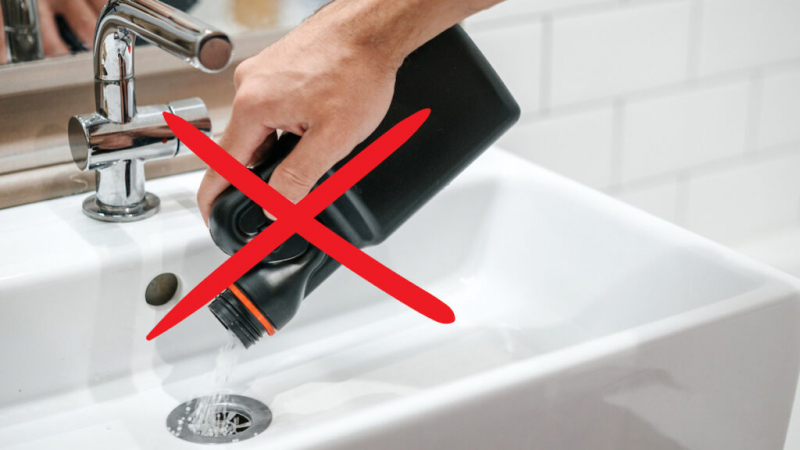
Don’t Use Chemical Drain Cleaner 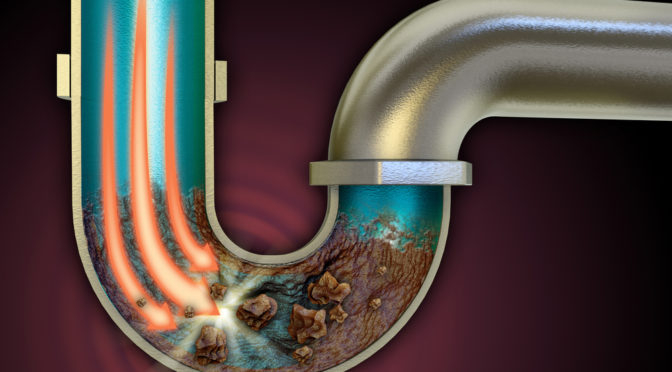
Don’t Use Chemical Drain Cleaner -
The speed with which water flows through the pipes and exits your faucets and showerheads in your home is defined as water pressure. When the water pressure falls too low, water flows more slowly from your faucets, especially on higher floors. While high water pressure may not be as obvious, it can cause problems such as leaks and blowouts.
A gauge can be purchased at most hardware stores if you want to test the water pressure in your home. Connect the gauge to an outside faucet, turn on the water, and read the pressure gauge's dial. The gauge should read between 40 and 60 psi if your plumbing is in good working order. If you discover that your water pressure is too high or too low, the best course of action is to contact an expert who can help you identify the source of the problem and recommend a solution.
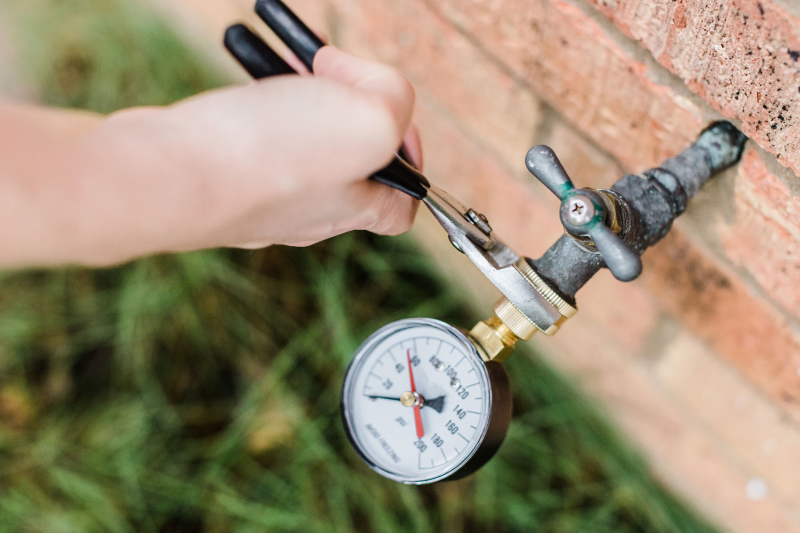
Know How to Check Your Water Pressure 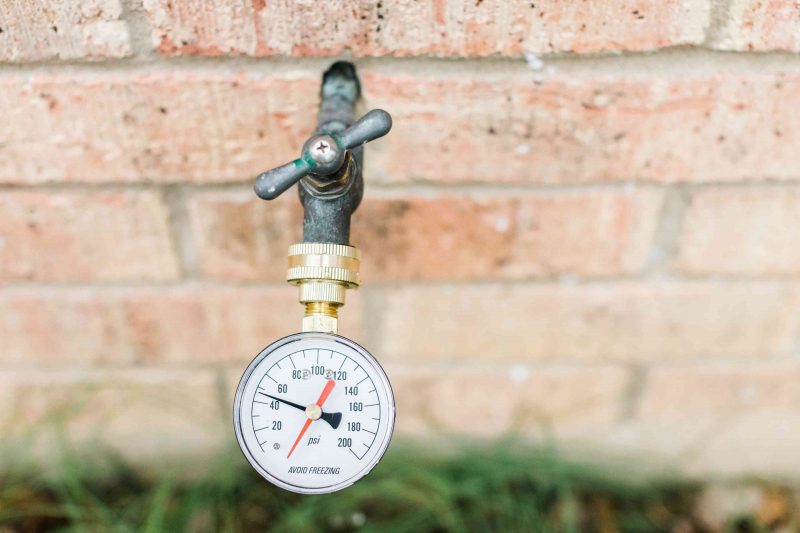
Know How to Check Your Water Pressure -
When it comes to plumbing, prevention is better than cure. As a result, it is critical that you inspect your drains on a regular basis. Fill your sinks, bathtubs, and basins with water and allow it to drain to perform a do-it-yourself (DIY) drain inspection. Slow-draining or foul-smelling water could indicate a problem with your plumbing.
In addition, you may want to schedule a regular inspection (perhaps on an annual basis) from a trained plumber who can insert a camera into your system to check for any blockages. This is one of the most helpful ways to take better care of your plumbing.
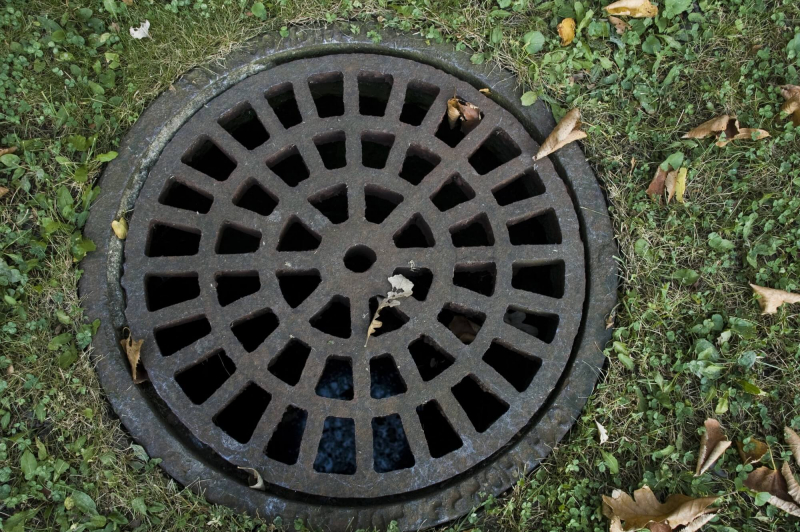
Inspect Your Drains 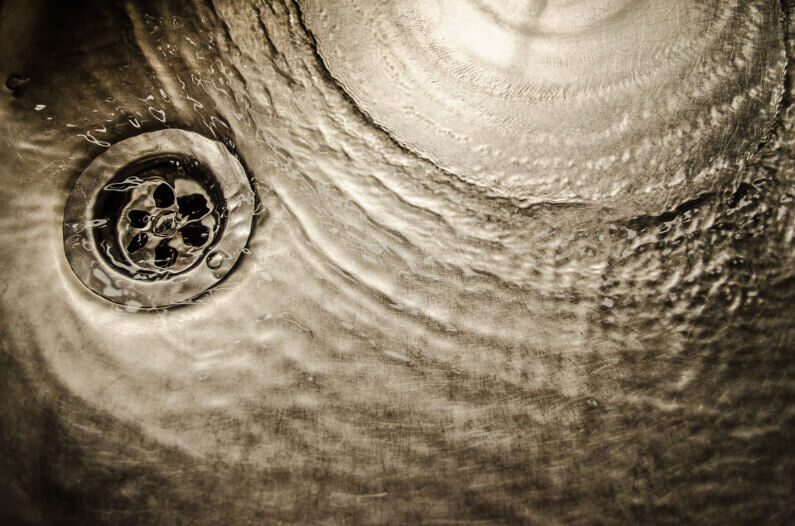
Inspect Your Drains -
While an old tree can add character to your yard, you should be aware of the impact tree roots can have on your plumbing. If you plant trees or large bushes near your sewer line, their roots may infiltrate the pipe, causing a blockage or damage to the pipe itself.
The most effective way to avoid this is to avoid planting new trees or bushes near plumbing lines. However, if you already have trees in your backyard, this solution will be more difficult.
Installing a physical barrier is one of the most effective and environmentally friendly ways to keep tree roots from damaging your plumbing. To prevent growth in undesirable areas, you could use a substance such as a foaming root killer. However, if these substances are used incorrectly, they can kill the entire tree.
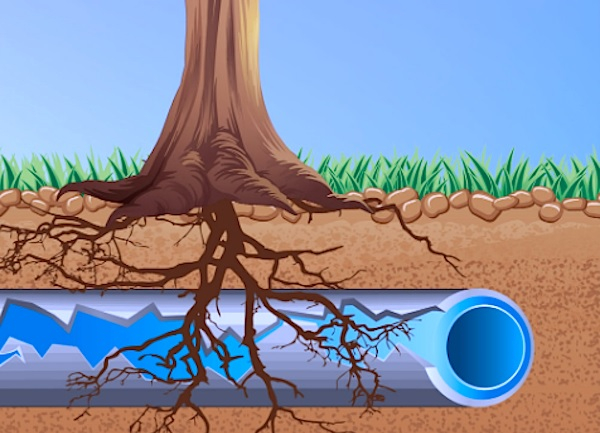
Keep Roots Away From Your Sewer Line 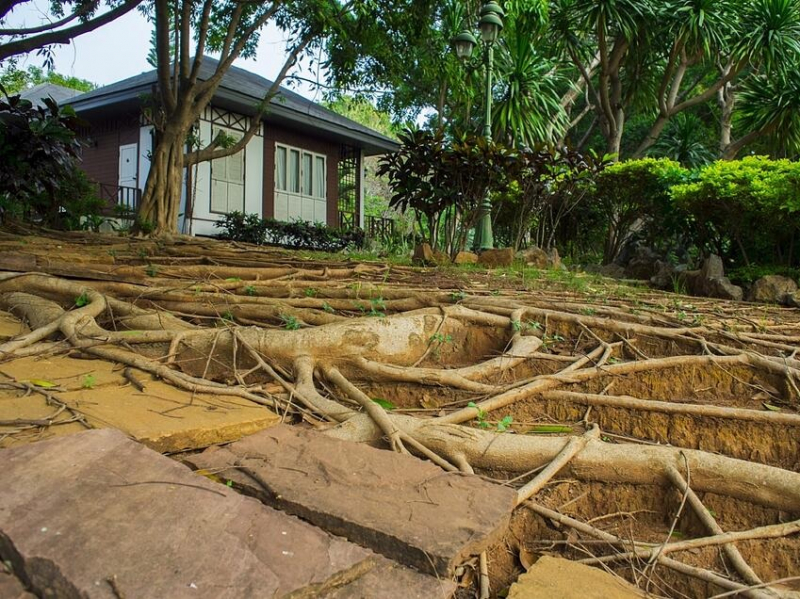
Keep Roots Away From Your Sewer Line -
While garbage disposals are extremely useful in many households, failing to clean them on a regular basis can cause major problems with your plumbing. Aside from allowing foul odors to enter your home, a clogged garbage disposal can lead to a buildup of debris in your pipes.
Cleaning your garbage disposal usually entails turning off the power and cleaning the splash guard. You should also add half a cup of baking soda and one cup of white vinegar to the system. Before running your disposal, look for items like coffee grounds, cigarette butts, eggshells, and banana peels that could potentially clog your system.
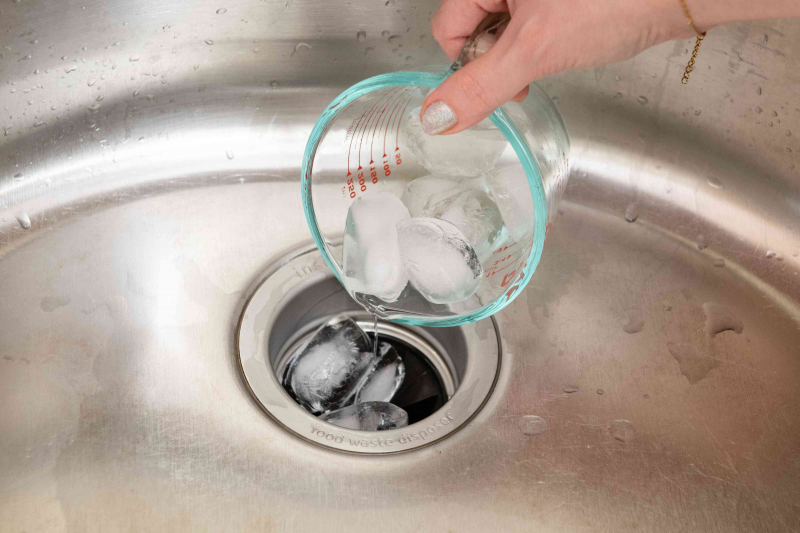
Clean Your Garbage Disposal Regularly 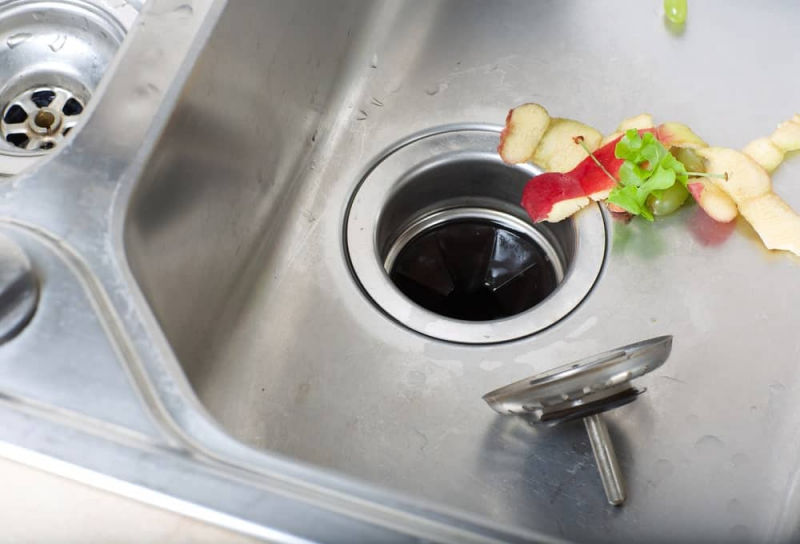
Clean Your Garbage Disposal Regularly -
The pipes, like everything else in the homes, are subject to general wear and tear and will eventually succumb to the effects of aging. When people use the pipes, the flow of water causes friction and pressure on their inner walls, which can lead to minor leaks.
Although a plumber can usually fix minor problems, you'll eventually reach a point where re-piping your home is the most cost-effective solution. Your pipes' lifespan will vary. Copper pipes have a lifespan of about 75 years, while brass pipes can last up to a century.
Replace older pipes, especially if they are made of lead because lead in your water supply can cause serious health problems. More information about the hazards of lead piping can be found on the Environmental Protection Agency's (EPA) website.
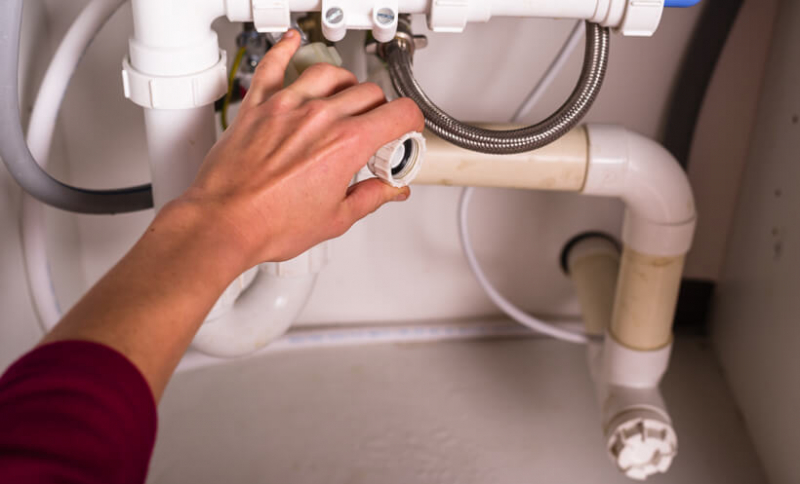
Replace Old Pipes 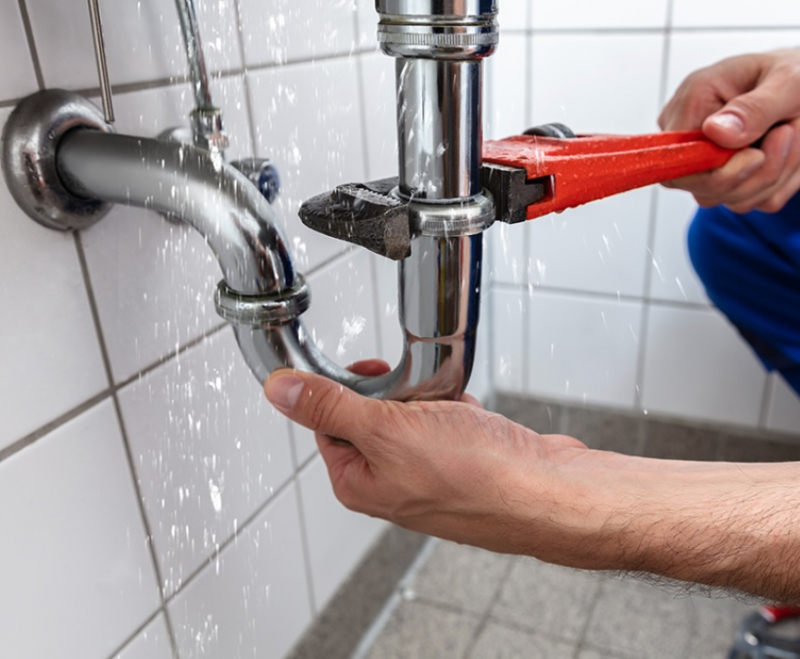
Replace Old Pipes -
While your home insurance should cover burst pipes and damaged property, having the right home warranty coverage could protect your plumbing system. However, keep in mind that the amount of coverage varies greatly between home warranty companies. Although most providers cover problems like faulty toilet tanks and pipe leaks, you may need to purchase additional coverage for items like swimming pools or sump pumps.
Many home warranty companies allow you to file a claim 24 hours a day, seven days a week, either over the phone or online. Although most home warranty policies require a waiting period before assigning a tradesperson to your claim (typically 2-4 working days), many will expedite your claim in an emergency.

Have Home Warranty 
Have Home Warranty -
Taking better care of your pipes by following the steps outlined in this article should reduce the likelihood of serious problems developing. Being on the lookout for potential problems and performing necessary maintenance will keep your plumbing in good working order for a longer period of time. However, in some cases, hiring an expert is the cheapest and safest option.
If you suspect that you have a frozen pipe on your property, a plumber can advise you on how to keep the pipe from bursting and potentially causing thousands of dollars in damage. It is especially important to contact a plumber if you notice a frozen pipe on an exterior wall, as resolving the problem may necessitate drilling into the wall of your property.
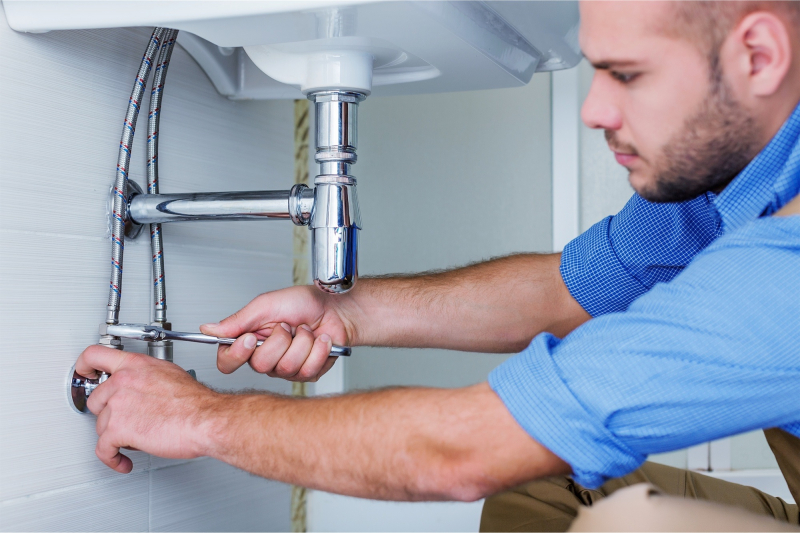
Know When to Call a Plumber 
Know When to Call a Plumber



















